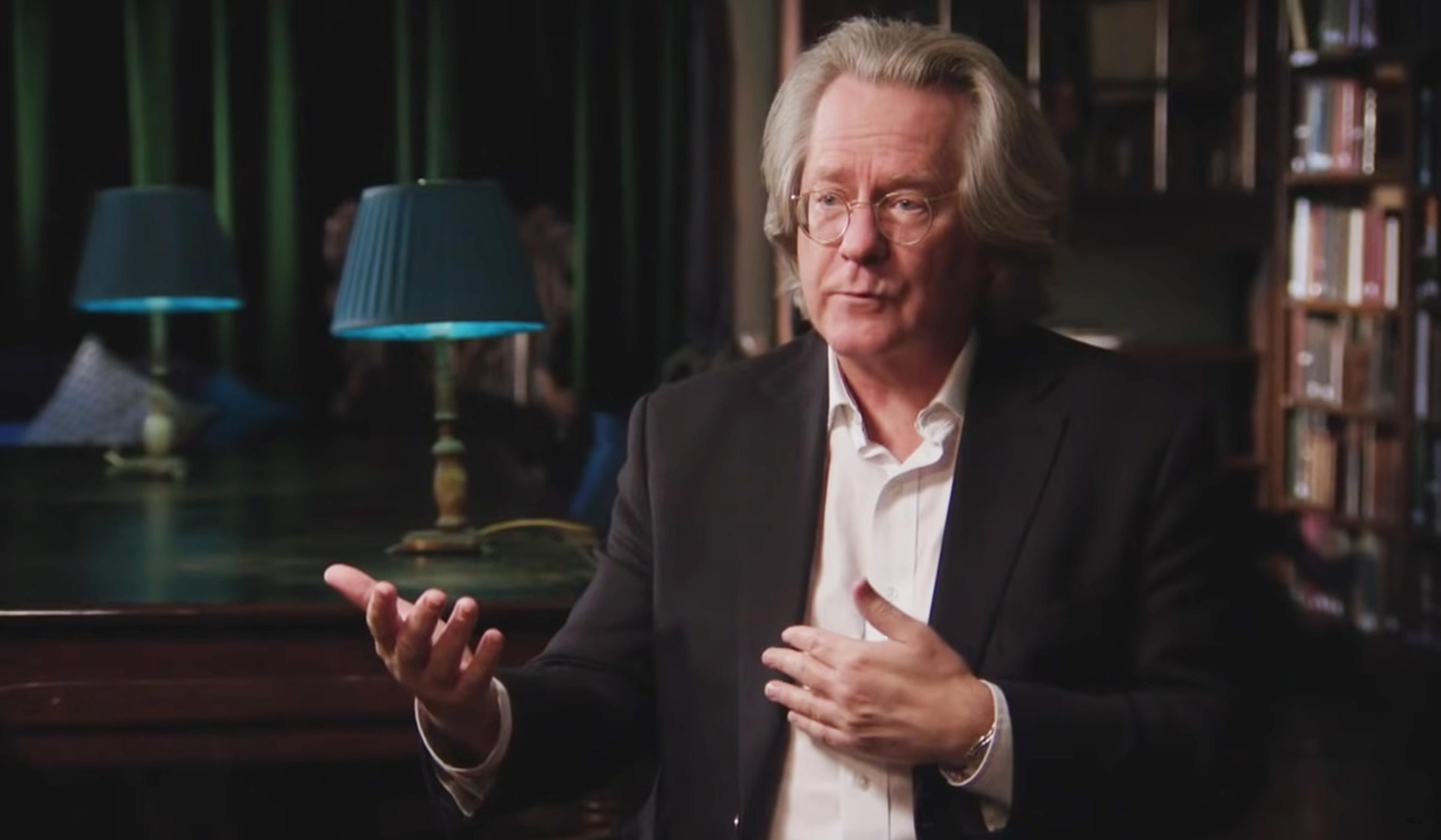To the 18th-century German philosopher Immanuel Kant, the ethics of honesty were clear-cut: telling the truth, no matter the consequences, was a ‘categorical imperative’ – a moral duty. Taking chilling (and chilly) inspiration from Stanley Kubrick’s film The Shining (1980), this brief animated snippet details Kant’s inflexible perspective on truth-telling, and its contrast with utilitarianism, which emphasises good outcomes over actions that are always right or wrong.
Can a lie ever be noble? Why Kant believed even a life-saving fib was immoral

videoEthics
All’s not well that ends well – why Kant centred morality on motives, not outcomes
55 minutes

videoEthics
A deathbed scenario raises the question: how much power should a promise hold?
5 minutes

videoHistory of ideas
Splitting the truth: the philosopher that physics forgot
4 minutes

videoCognition and intelligence
Why it’s so easy to cheat without feeling dishonest
11 minutes

videoMetaphysics
Is the question ‘Why is there something instead of nothing?’ even worth asking?
9 minutes

videoMetaphysics
Why mathematical truths exist with or without minds to consider them
8 minutes

videoLogic and probability
Western logic has held contradictions as false for centuries. Is that wrong?
6 minutes

videoPolitical philosophy
Sartre and the existential choice: ‘In fashioning myself, I fashion humanity’
2 minutes

videoKnowledge
Why David Deutsch believes good explanations are the antidote to bad philosophy
10 minutes